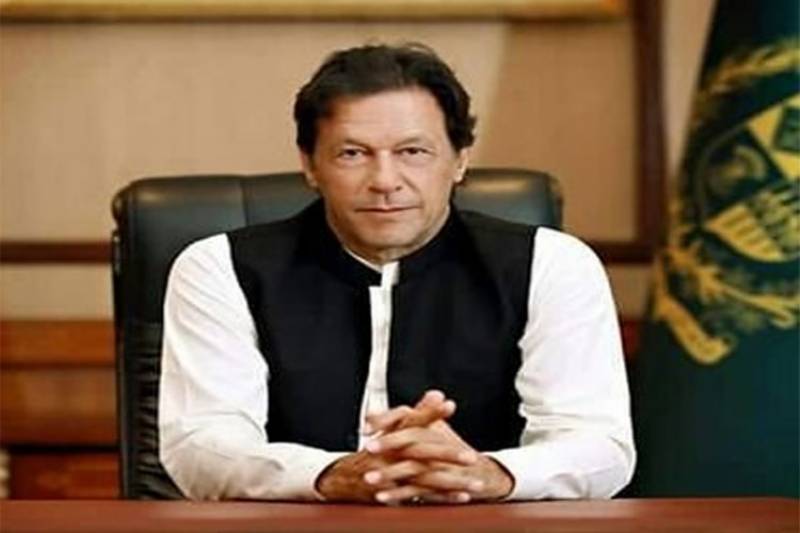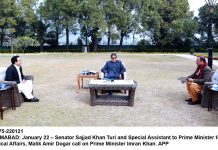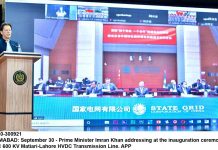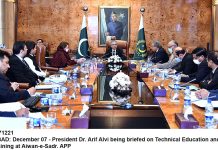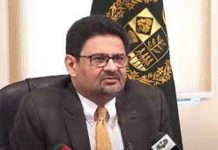LAHORE: The Lahore University of Management Sciences (LUMS) today hosted a panel discussion for the launch of Hisaar Foundation’s Report ‘Recommendations for Pakistan’s N
ational Water Policy Framework’ for the consider
ation of the government.
The event was a culmin
ation of two years of consultations, including discussion sessions with various water stakeholders across the spectrum, as well as two intern
ational water conferences that focused on water cooper
ation and water security. The recommendations are part of the first report of Hisaar Foundation’s think tank on R
ational Use of Water.
The recommendations focus on five main areas for further action. These include improving water access for the poor and landless, financing the urban and rural water value chain, safeguarding the Indus Basin and its infrastructure, improving water institutions and their management and governance, and finally building a base for science, technology, and social aspects of water.
The goals of the recommendations for Pakistan’s n
ational water policy framework call for extending irrig
ation system to arid districts of Pakistan. It also calls for creating new storages and enhancing existing storages at different levels. The policy framework calls for improvement in water effi
ciency by 10 percent. It also calls for i
ncreasing productivity in agriculture.
The policy framework recommends preserving, repairing and maintaining the existing water infrastructure. It also calls for a reversal in abiyana to realise the true value of water. The policy framework calls for control in groundwater withdrawals as well as gener
ation of additional indigenous hydropower. The recommendations also call for i
ncreased coordin
ation between water, agriculture, and industry for maximum benefits. Finally, it calls for making investment in water infrastructure and hydropower a core part of the China Pakistan Economic Corridor.
The policy framework was presented by former finance minister and Think Tank on R
ational Use of Water memberDr Salman Shah. The panelists included notable personalities from the government, industry, non-government sector and academia such as Lahore Chambers of Commerce and Industry (LCCI)PresidentAbdul Basit, Pakistan Agricultural Coalition CEOand former secretary irrig
ation ArifNadeem,WITDirectorDrAbubakar Muhammad and Think Tank on R
ational Use of Water member Khalid Mohtadullah.
The launch ceremony was moderated by Simi Kamal, an intern
ational water and gender specialist and Convener, Think Tank on R
ational Use of Water.
Dr Salman Shah highlighted that while there is a water accord between the provinces, there is no sharing mechanism within each province. Khalid Mohtadullahemphasized that Pakistan is really a water economy and that it is possible to save waterin agriculture, yet i
ncrease production and productivity. ArifNadeem stated that Pakistan is in the business of “build-neglect- rebuild” and r
aised caution that there is very little maintenance of the existing system.
Abdul Basit acknowledged that the industry sector needs to be sensitized and made cognizant of the need for water effi
ciency and conserv
ation in production processes.
DrAbubakar Mohammad alerted that the future of technology and use of intelligent machines will change the agricultural scenario and revolutionize the way water is used, managed and governed.

